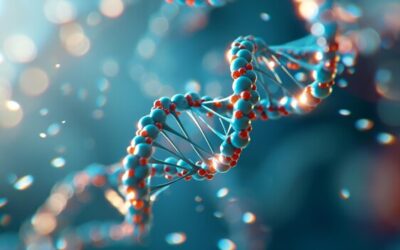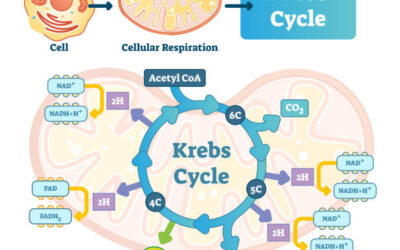Methylation & Autism
Evidence-based information
Introduction
Methylation and Autism
The methylation and autism connection is now obvious. Methylation is a biochemical process that takes place in every cell and tissue of our body continuously, millions of times per second. Methylation is a relatively basic operation from the point of view of the functioning of the body, thus it has a central role in the creation and transformation of a series of vital substances (e.g. ATP, creatine, carnitine, CoQ10, melatonin, serotonin, taurine, glutathione, etc.), in this way the physical and psychological in maintaining our health.
Among other things, methylation has a role in cell division, DNA and RNA synthesis, in the repair of our DNA, in the proper functioning of our immune system, including, for example, inflammatory processes, in the transformation of toxins and hormones, in the synthesis of neurotransmitters (e.g. norepinephrine, thus the stable psychological state in its design), and we could list more. In fact, proper methylation is the key to the functioning of all our cells and tissues, i.e. without it, nothing would work at all.
Methylation and Autism
Many autistic children have reduced methylation and antioxidant/detoxification capacity, as well as chronic oxidative stress. A targeted nutritional intervention designed to correct the metabolic imbalance can normalize their metabolic profile and improves autistic behavior.
High Homocysteine -The Hidden Dangers and How to Fight Back
One-carbon metabolism is a critical biochemical pathway that plays a pivotal role in cellular function, DNA synthesis, repair, and methylation...
Mitochondrial Function in Methylation: A Critical Interplay
Methylation is a vital biochemical process that plays a crucial role in gene expression, DNA repair, detoxification, and neurotransmitter synthesis....
MTHFR gene, Methylation, and Autism – Exploring the Link
When it comes to autism spectrum disorder (ASD), the role of methylation and biochemical pathways is becoming more and more apparent—especially in...
Genetics and Vitamin B12: The Importance of B12 in Health
Vitamin B12, also known as cobalamin, is a vital nutrient that is essential for maintaining a healthy body. B12 acts as a cofactor in many important...
Unlocking the Power of Luteolin: A Natural Anti-inflammatory and Neuroprotective Agent
In recent years, there has been growing interest in the potential health benefits of natural compounds found in various foods and plants. One such...
Exploring the Link Between Essential Elements and Autism Spectrum Disorder: A Study Review
The answer was given by this study: Associations of essential element serum concentrations with autism spectrum disorder - Jing Wu at...
Unraveling the Genetic puzzle: MTRR Mutation and Autism Spectrum Disorder
Autism Spectrum Disorder (ASD) presents as a complex neurodevelopmental challenge impacting countless lives globally. While its roots remain...
Unraveling the Genetics of Autism: The Epigenetic Connection
Autism Spectrum Disorder (ASD) remains a complex and enigmatic condition that has intrigued researchers for decades. Understanding the genetic basis...
The Intricate Dance of Methylation and the Krebs Cycle: Maintaining GABA and Glutamate Balance for Optimal Health
In the pursuit of a healthy mind and body, maintaining the delicate balance of neurotransmitters is crucial. Two essential neurotransmitters, GABA...










